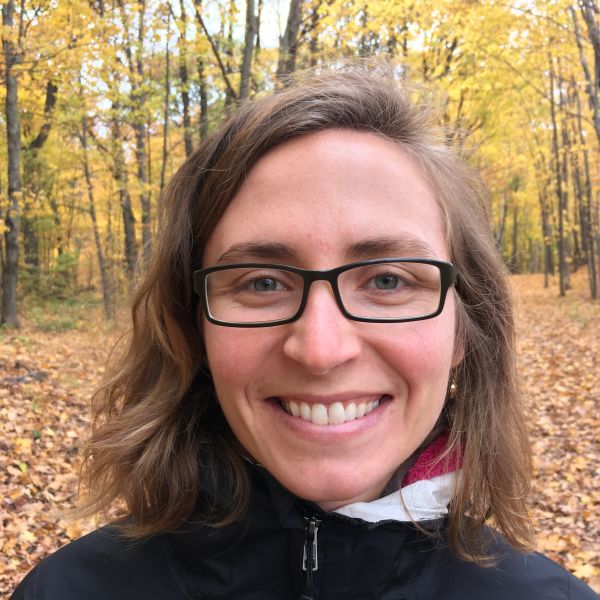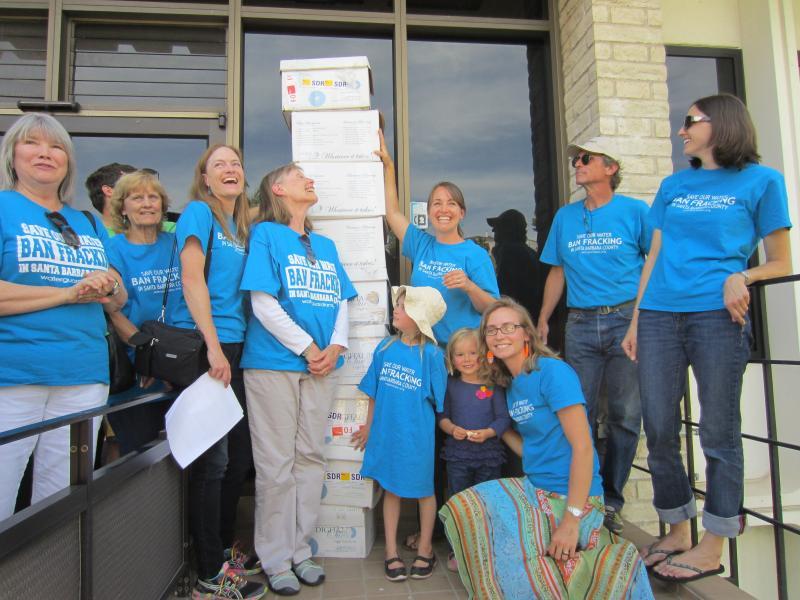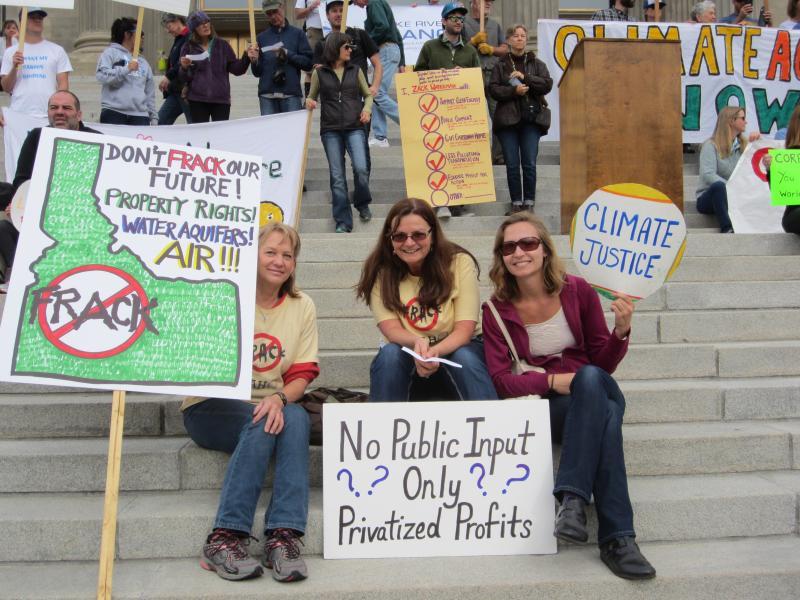Image

-
Corrie Grosse
Assistant Professor of Environmental Studies, College of Saint Benedict & Saint John’s University
- 30 Under 30
- 2019
St. Joseph, MN, United States SEE OTHER BIOS HERE
Age: 29
Corrie works in the classroom and community to inspire and equip young people to build climate justice.
Tell us about yourself!
I am an Assistant Professor of Environmental Studies at College of Saint Benedict and Saint John’s University where I teach Energy and Society, Gender & Environment, Climate Action Workshop, and Global Climate Policy. In Global Climate Policy, I take students to the Conference of the Parties (COP – the United Nations climate negotiations) each year! I hold a PhD in Sociology from the University of California Santa Barbara with an Interdepartmental Emphasis in Environment and Society, and I specialize in the intersection of energy extraction, climate justice, and grassroots organizing. My research examines how communities work together to resist fossil fuels, and I have lived with activists resisting natural gas in Idaho, participated in grassroots efforts to ban fracking in California, and interviewed youth activists at the United Nations climate summit. I am beginning a new project to investigate how Native and non-Native organizations collaborate to resist the Line 3 tar sands pipeline proposed for Minnesota. As a graduate student, I was a leader in the activist group 350 Santa Barbara, and as a professor I work to inspire my students to become activists and connect them with local climate justice organizations.

As a senior in college, I participated in the Oxfam America Change Leader Initiative and started an Oxfam student club on my campus. Our campaign focused on women, agriculture, and climate change—themes that I first explored in my sociology courses with my feminist sociologist mentor, Professor Leontina Hormel, and while studying abroad in Ecuador. Our club partnered with Wild Idaho Rising Tide activists to alert our community to huge trucks, known as megaloads, slated to go through our town. The trucks carried machinery used to process tar sands—the most carbon intensive oil on the planet, whose extraction decimates First Nations homelands and boreal forest. I was amazed by the destruction of the tar sands and by the callousness of politicians who enable its extraction. This inspired me to dedicate my graduate studies to climate justice.
While pursuing my PhD in 2012, my scholar activist mentor, Professor John Foran, connected me with 350 Santa Barbara. As a core member of the group, I helped lead an effort to ban extreme energy extraction in our county. In one month, a horizontally organized (non-hierarchical) group of hundreds of volunteers gathered over 20,000 hand-written signatures from voters who wanted our initiative on the ballot. It was the most inspiring experience in my life—proving that people have the power to make change.
As a professor, I now have the privilege to spend hours each week sharing my passion for climate justice activism with young people who are leading our future.
What advice would you give to the next generation of leaders that are looking to bring about positive change in their communities through EE?
Share your passion and encourage action! Action is the antidote to despair and environmental education can be quite depressing. Therefore, help your community develop the skills to work together and then practice those skills. Help them find other change-makers, develop relationships, value and prioritize diversity, communicate effectively and empathetically, and engage in long term strategic planning. And, don’t forget to have fun doing it!

As someone who grew up in the western shadow of the Teton Range of the Rocky Mountains, I know what it is to enjoy a healthy and beautiful environment. I have the privilege to call Teton Valley home. Spending time in beautiful places like this and simultaneously engaging and mobilizing new participants in climate justice activism–especially activism led by women and youth—gives me hope. Recently, I am most inspired by the work of Greta Thunberg, Climate Strike, my own students who are demanding climate justice at our school, and by people everywhere who are resisting pipelines and fossil fuels. I like to remember Rebecca Solnit’s definition of hope, from her book Hope in the Dark: “Hope locates itself in the premises that we don’t know what will happen and that in the spaciousness of uncertainty is room to act.”
What pro-environmental behavior do you think would make a big impact if everyone in the world started doing it?
Activism! If everyone started organizing with their neighbors, coworkers, and school mates to engage in direct action for what we need, we could make change happen fast. Organizing is about relationships, strategic thinking, and big visions of justice. Direct action can be meeting with people in power, marching in the streets, beauty, fun, and using our bodies to disrupt capitalism—a root cause of climate change and social injustice. Again, this is what we need––it is not radical. As youth climate justice activist Anjali Appadurai has pointed out, what is radical is to change the chemical composition of the atmosphere, understand that our emissions hurt humans and the more-than-human world, and then to continue the very practices that cause the problem! Fortunately, I think more and more young people in the world today are figuring this out and taking our lives into our own hands. Join us!